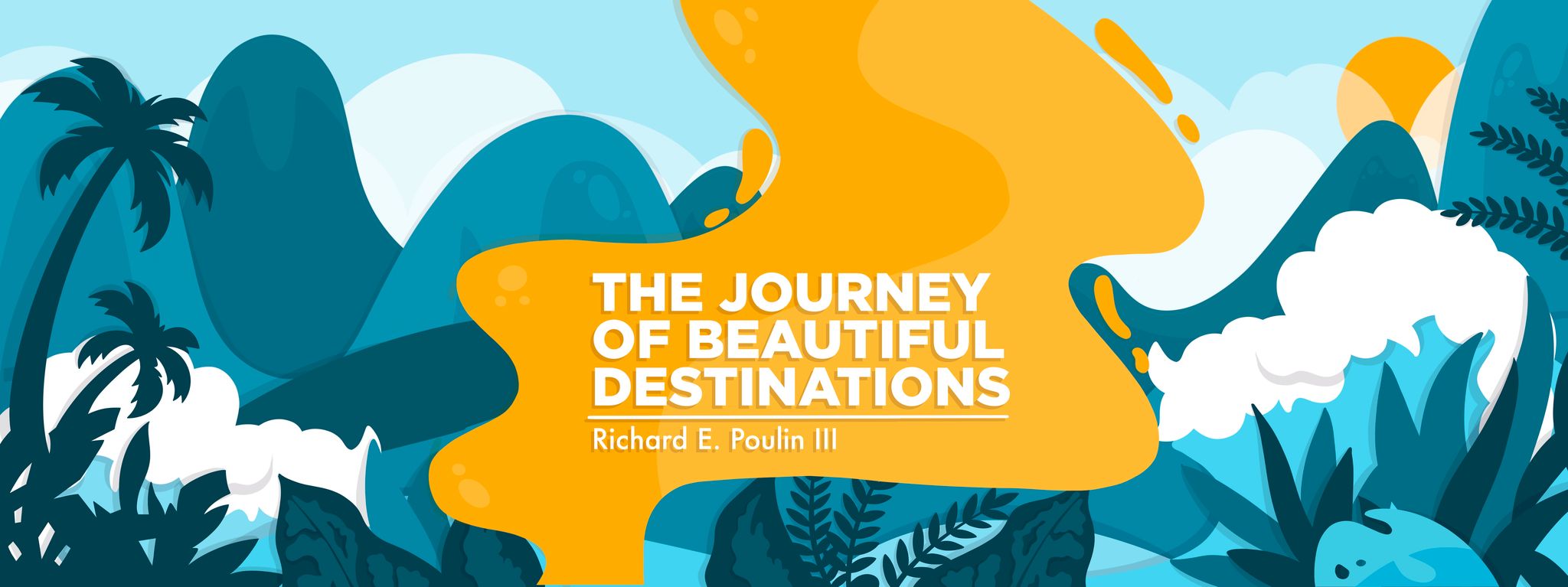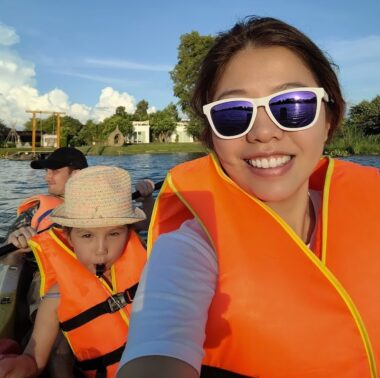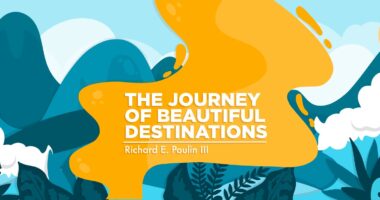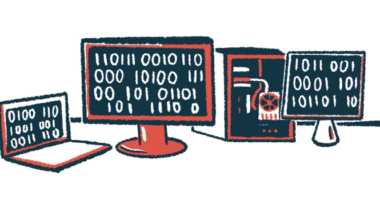As I begin my life’s second half, I accept my shift to being a mentor
The passing of 2 important guides adds meaning to my 40th birthday

In June, I celebrated my 40th birthday. The day went as planned. Family showered me with attention, friends rubbed in the major milestone, and Facebook well wishes came pouring in. Entering the second half of life, I realized that, in my youth, my mentors set me up for challenges I’d face later on.
In my first column, almost two years ago, I spoke about how, when I was young, I dreamed that I was a soldier fighting in a battle, overcoming great hardship to save the day. Yet when my real battle came, it was nothing like that dream.
When my daughter, Rylae-Ann, was 3 months old, my wife and I began to see signs that scared us. Rylae-Ann was floppy, always sleeping, and barely moving. Five months later, after a diagnostic odyssey searching for the answer, we learned she had a rare disease known as aromatic l-amino acid decarboxylase (AADC) deficiency. Responding to this condition was my true battle and test of faith.
My family and I met this challenge head-on, and now, five years later, we’re living a blessed life and volunteering time to help others do the same.

Richard kayaks with his family to celebrate his 40th birthday in June. (Courtesy of Richard E. Poulin III)
The skills my mentors instilled in me when I was young helped me overcome the challenges my family would one day face. The resilience, problem-solving, and critical thinking I learned were preparing me for the future, though I didn’t know it back then. My mentors were older, wiser, and persistent with their lessons, even though I may have dismissed them or not taken their message seriously at the time.
Even recently, when my family’s life took an unexpected detour, they were there for me — rooting for me, motivating me, and providing me with nothing but positive praise that I could do it.
Since I turned 40, two of those important mentors have passed. No one close to me, except my grandma, had passed before. I realized that the adults I looked up to as a kid were now entering the later stages of their lives. Losing two important mentors made me feel I no longer had a safety net.
The roles have now changed. I’m a mentor to others, and I’m their safety net.
I still have a support network of friends and family, but I realize those adults are no longer here for me. The torch has been passed, and I don’t take the responsibility lightly. Every day during my day job as a middle school principal, I think about the skills from youth that have helped me so greatly.
The skills for success
Angela Duckworth, a fellow educator and psychologist, reported in her book “Grit: The Power of Passion and Perseverance” that her research identified two important indicators for achievement: grit and self-control. To summarize, she found that having the passion to persevere long-term and not quit, even if it means delaying satisfaction now for something in the future, is the greatest indicator of success.
To cultivate this mindset requires perseverance itself. When faced with hardship, the default for the mind and body may be to flee or to follow the path of least resistance. Helping others learn to build grit and self-control creates a future of leaders and a stronger community.
Although I lost important mentors, the skills they ingrained in me remain, and so do their memory. I know they’re proud of my accomplishments, and I’m thankful I got to see them before they passed. Now, facing forward on my family’s trail, I think about how I can make a difference for my daughter, wife, family, and community.
It may seem like a larger undertaking, but the word “easy” generally doesn’t go along with the word “perseverance.”
Note: AADC News is strictly a news and information website about the disease. It does not provide medical advice, diagnosis, or treatment. This content is not intended to be a substitute for professional medical advice, diagnosis, or treatment. Always seek the advice of your physician or other qualified health provider with any questions you may have regarding a medical condition. Never disregard professional medical advice or delay in seeking it because of something you have read on this website. The opinions expressed in this column are not those of AADC News or its parent company, Bionews, and are intended to spark discussion about issues pertaining to aromatic l-amino acid decarboxylase deficiency.







Leave a comment
Fill in the required fields to post. Your email address will not be published.